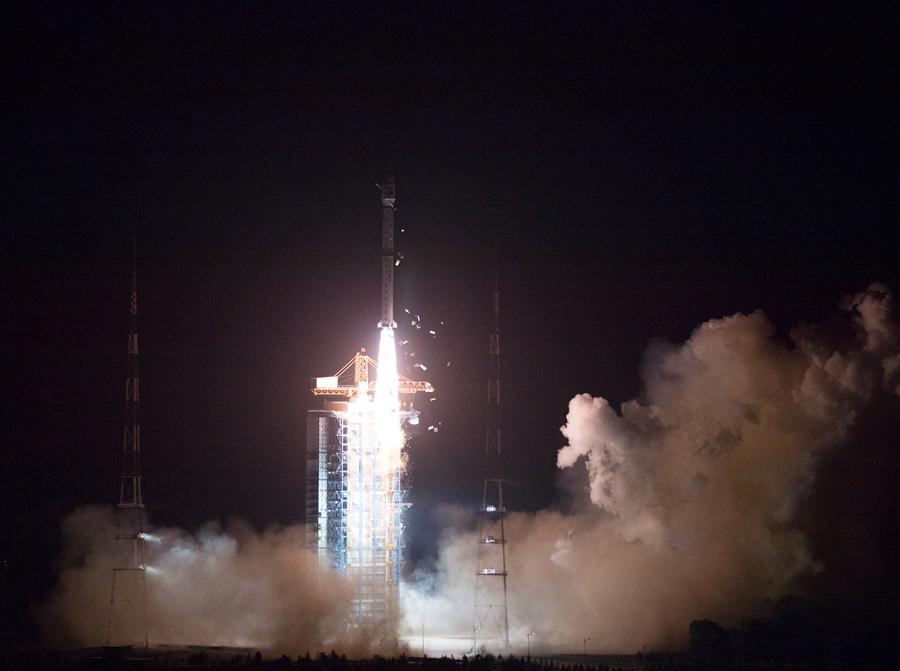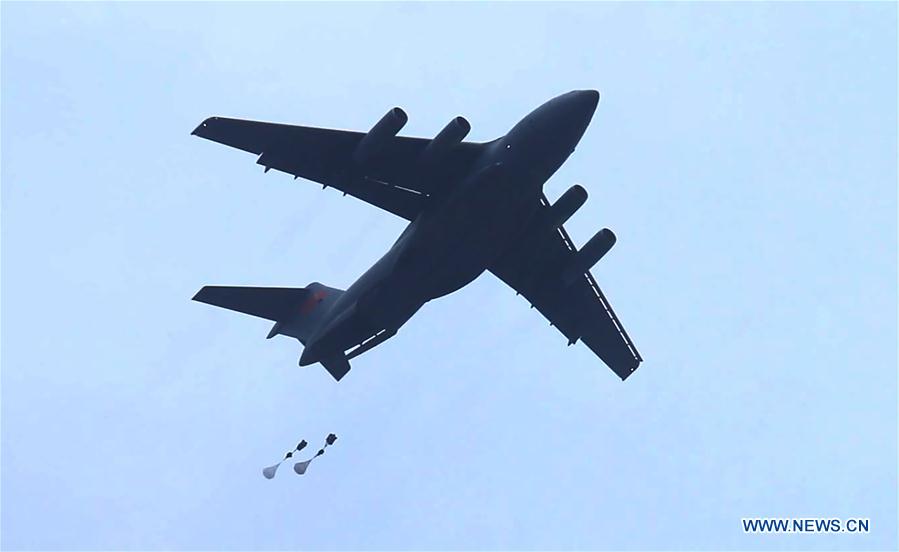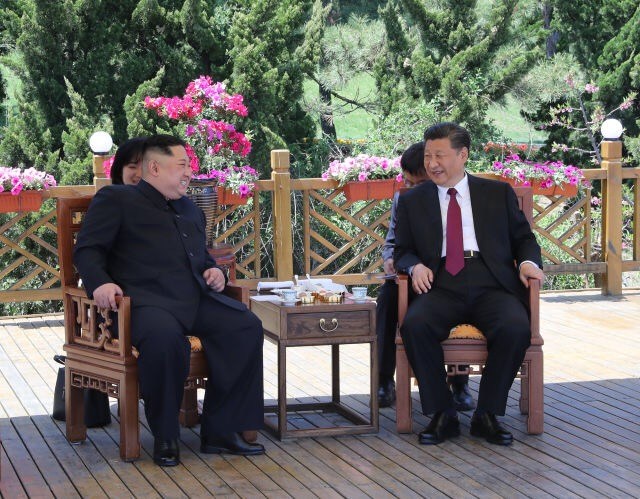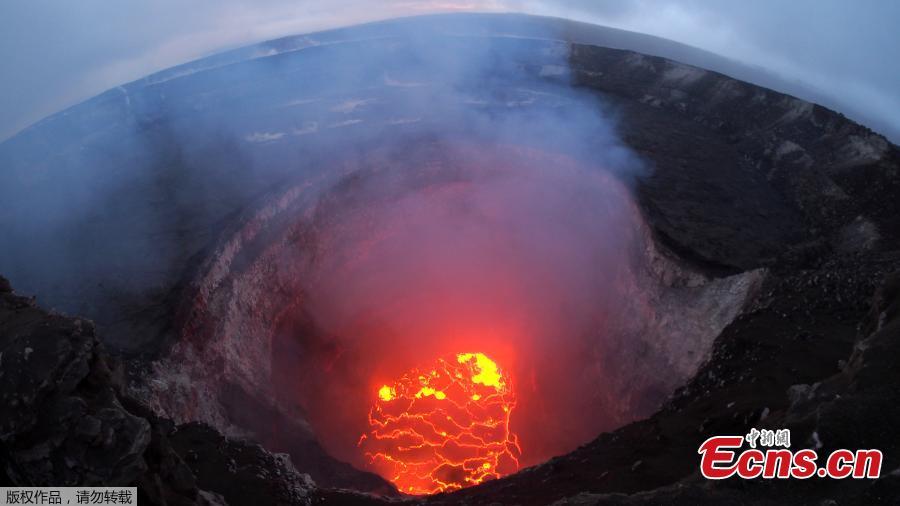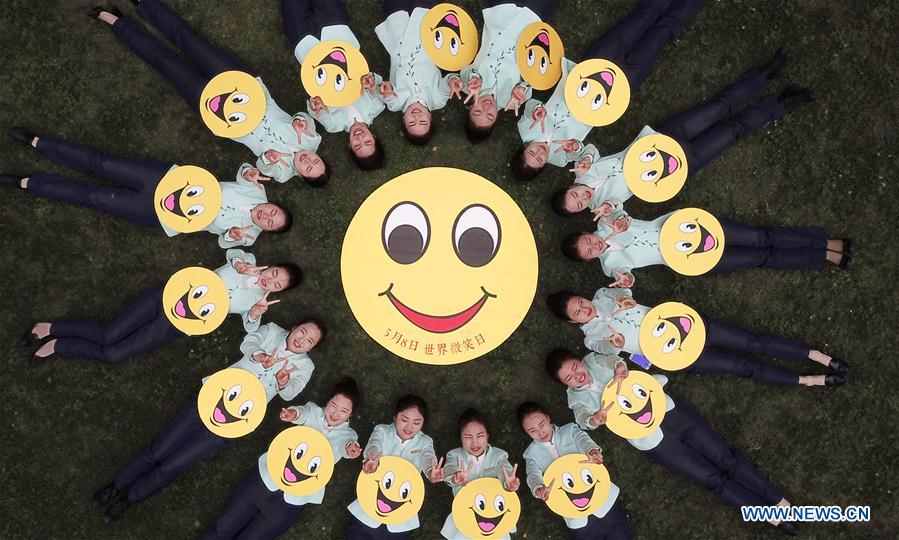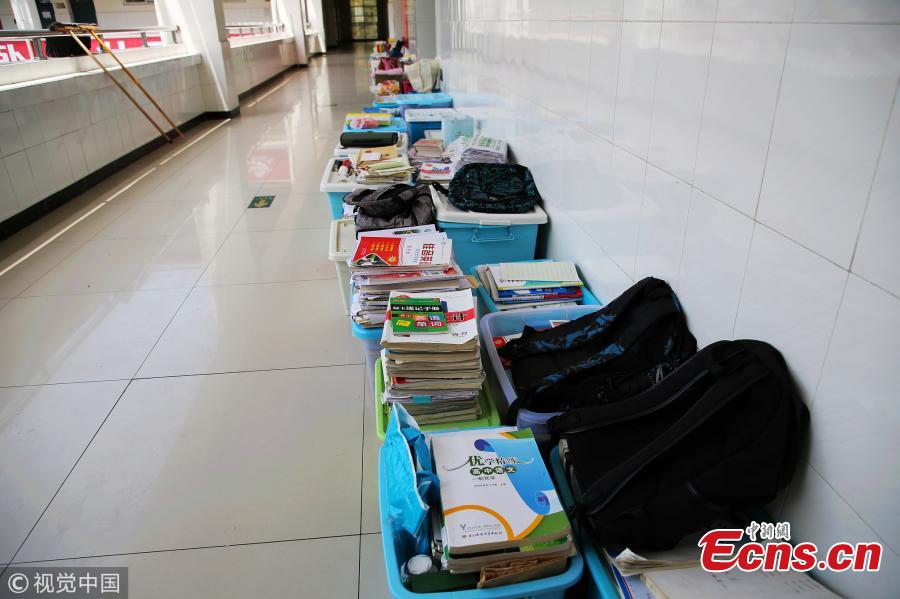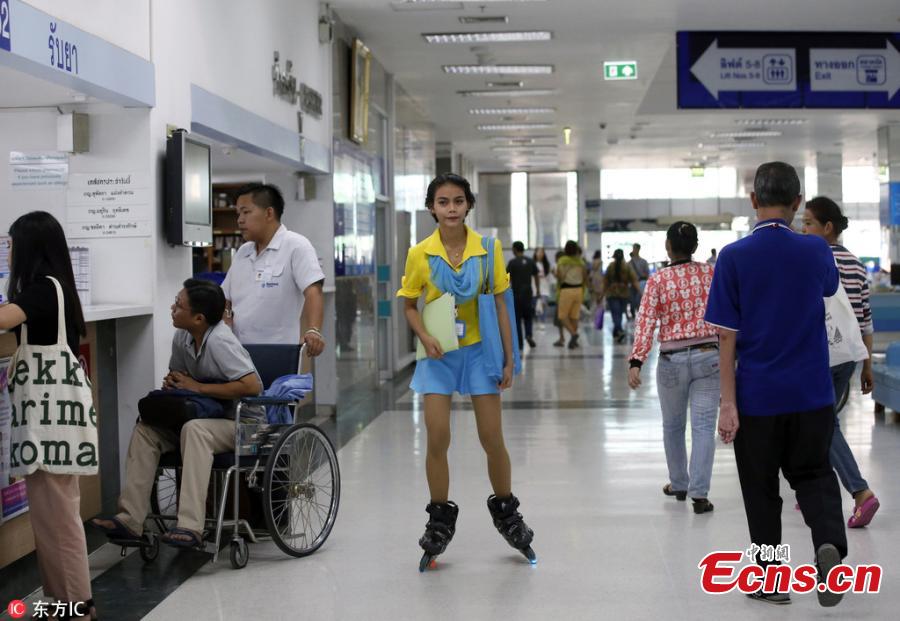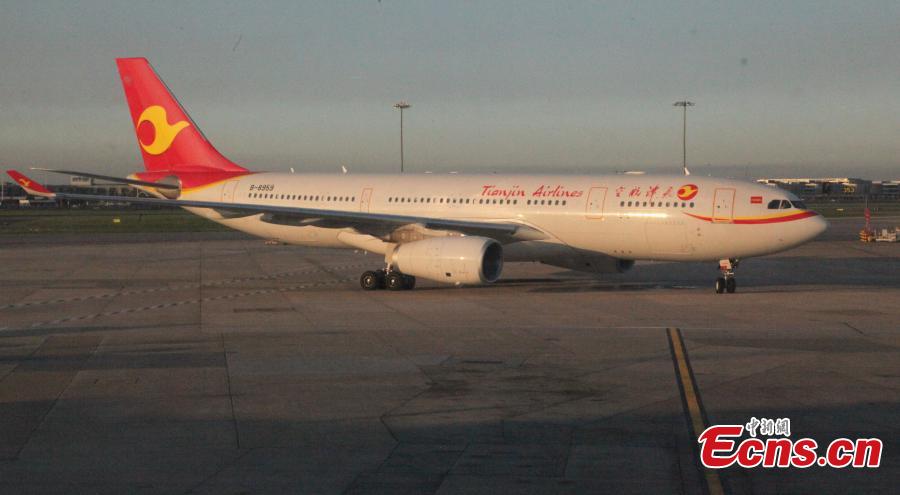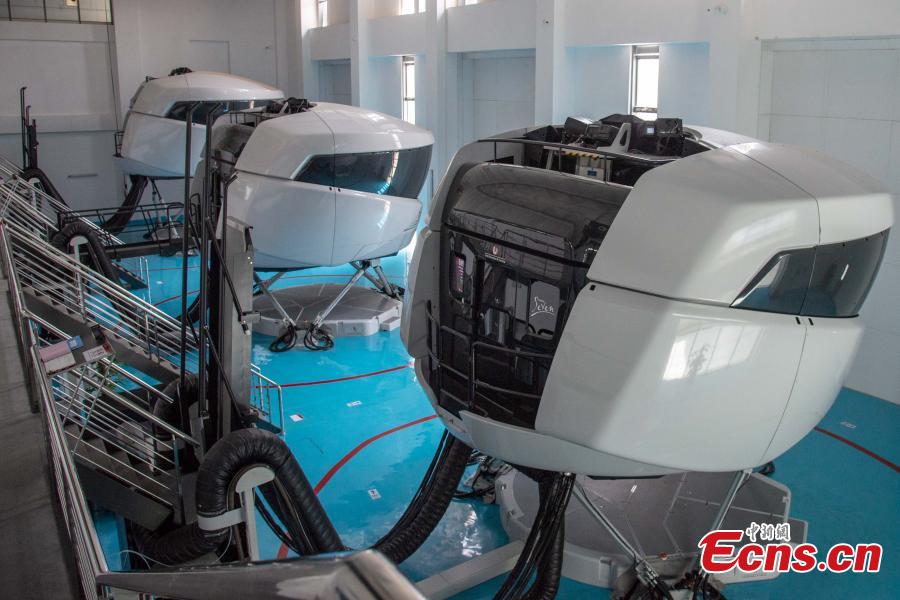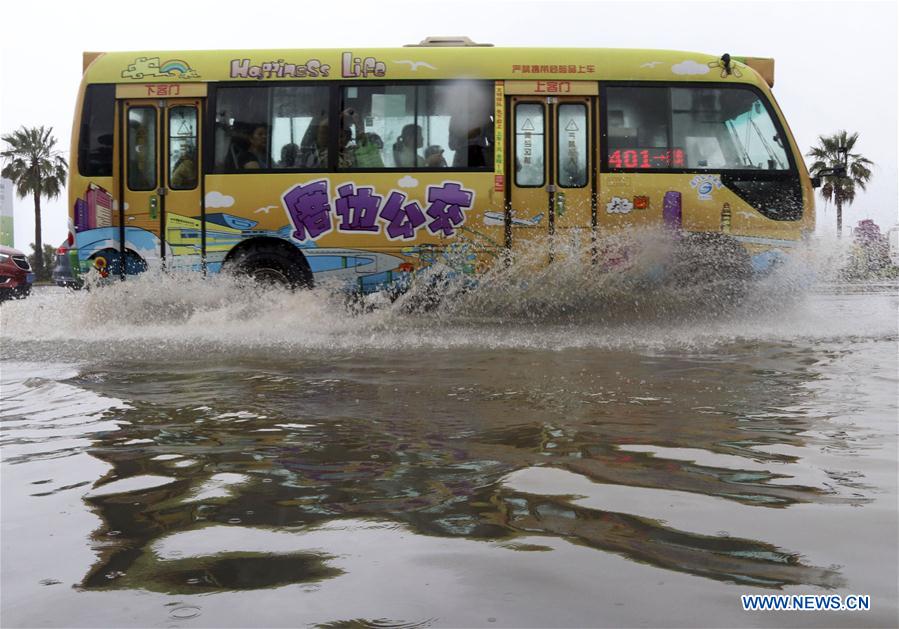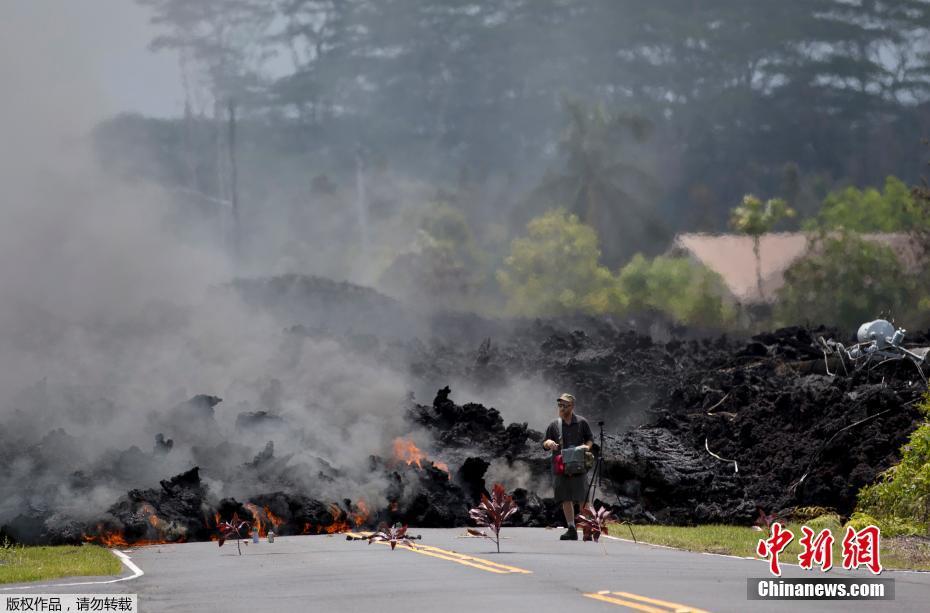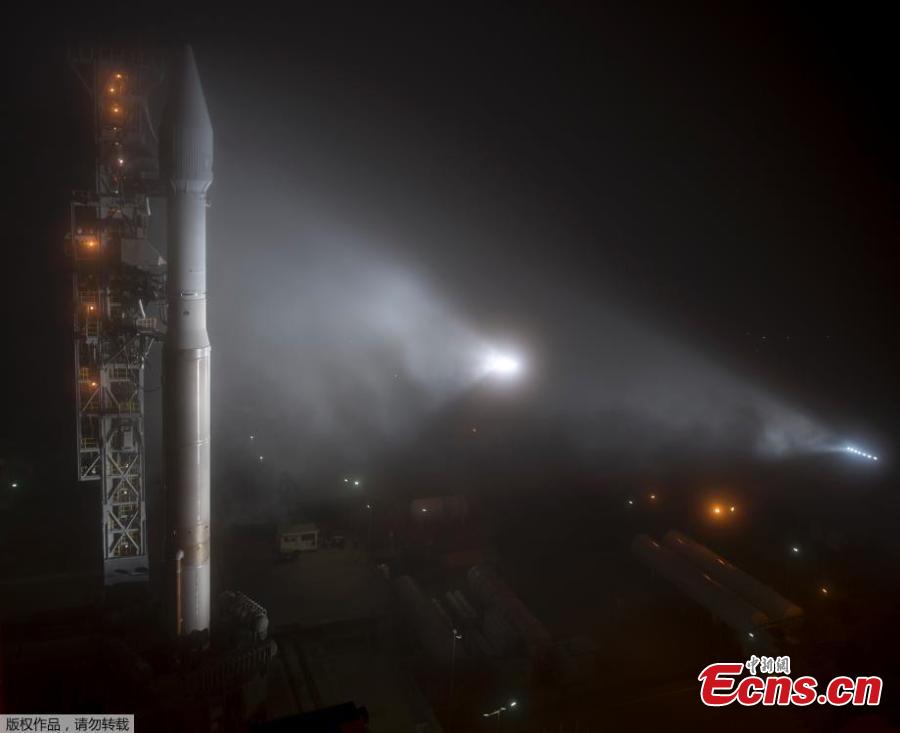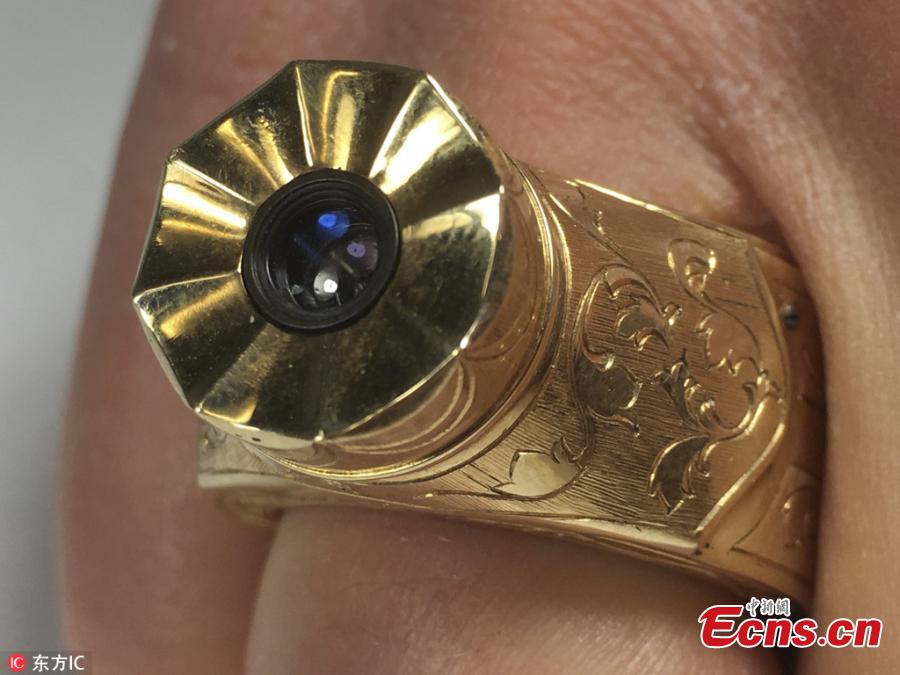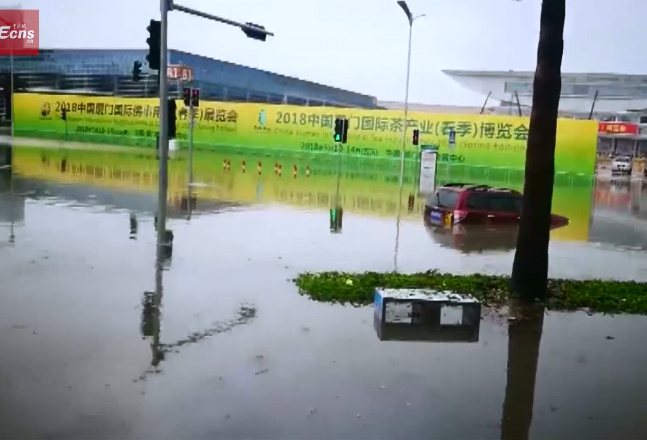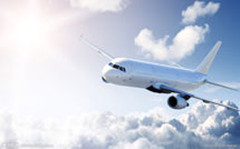
坐飞机为何需要关闭电子设备
Zuò fēijī wèihé xūyào guānbì diànzǐ shèbèi
Turn Off Electronic Devices, or Else
空乘人员说,几乎每趟航班上都有这样的情况发生:机舱门关闭后,提醒乘客请将个人电子设备关闭的提示音响起,但总有至少一个人还在那里打电话、发短信、玩游戏、发邮件或是上网看什么东西,完全无视要求关闭电子设备的严肃指令。
It happens on just about every flight now, say flight attendants. The plane’s door closes and it’s time to turn off personal electronic devices. And there’s always at least one person who keeps talking, texting, playing, watching or emailing and ignoring stern orders to power down.
许多乘客对飞机上开着电子设备的危险性持怀疑态度──认为一个电话、一条短信或是一个游戏不至于造成坠机。有谁将黑莓手机开着,就没能活得好好地走下飞机了呢?
Lots of passengers are skeptical of the danger of leaving devices on one call or text message or game isn’t going to bring down the plane, they figure. And who hasn’t left on their BlackBerry and lived to tell?
确实,并没有确凿的科学证据表明,在飞机起降时将这些小玩意开着会引起什么问题,只是说有引起问题的可能性存在。
Indeed, there’s no firm scientific evidence that having gadgets powered up for takeoff and landing would cause a problem, only that there’s the potential for a problem.
在某些情况下,机组人员发现,乘客在他们不应该打电话或使用电脑的时候这么做了,会出现干扰。将这些电子设备关闭后,驾驶舱中受到的干扰便消失;将设备再次打开,干扰现象则再次出现。这表明两者之间确实可能存在联系。
In some instances, crews caught passengers talking on a phone or using a computer when they weren’t supposed to. The crews were able to end interference by shutting down the device. Turning it back on recreated the problem, suggesting a possible link.
监管机构认为,乘客使用电子设备产生的射频有可能干扰导航仪,并且只要有一丝造成灾难的可能性,那么最好还是在飞机起降时将其关闭。
Regulators believe there is a chance that electronic emissions from passenger devices could interfere with navigation instruments, and if even the remotest possibility of disaster exists, it’s better to turn them off for takeoff and landing.
词语解释:
空乘人员 (kōngchéng rényuán) flight attendants
机舱 (jīcāng) cabin
无视 (wúshì) ignore
确凿 (quèzáo) firm; definite
监管 (jiānguǎn) supervision
机构 (jīgòu) mechanism
射频 (shèpín) radio frequency
导航仪 (dǎohángyí) navigation instrument
(Source: myechinese.com)











